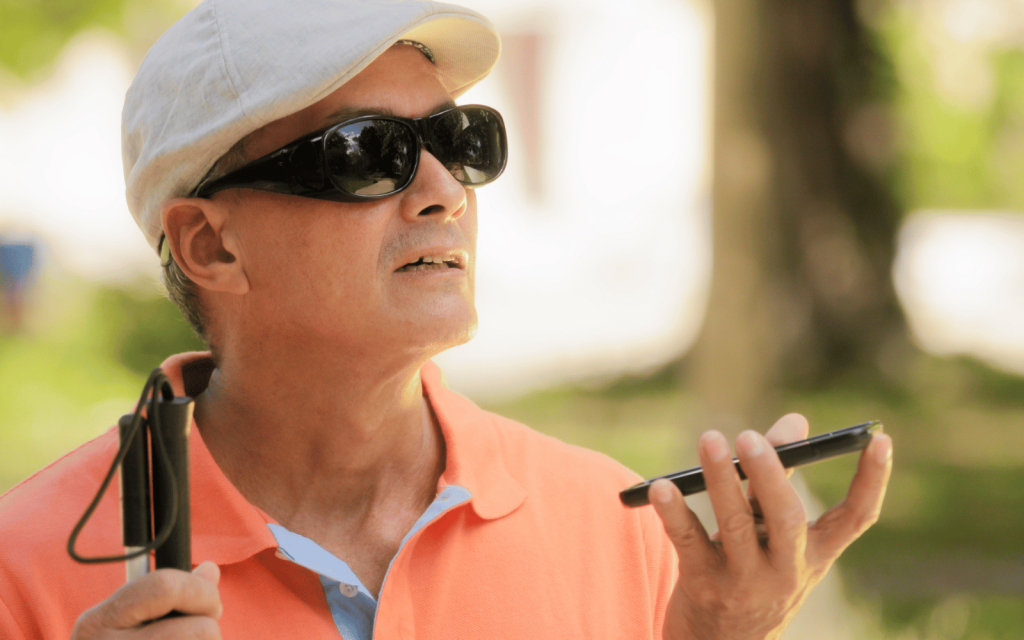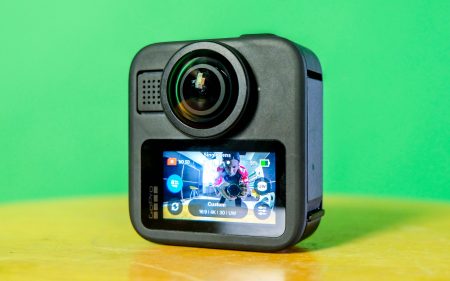Artificial intelligence (AI) is 2023’s buzzword but unlike last year’s technological gold rush, some actual good is coming out of this year’s crop. Microsoft’s SeeingAI app, an app designed to help those with vision issues up to and including full blindness, has just turned up on Android.
The app allows a smartphone to be used as a guide of sorts. It’s not quite as smart as one of those highly-trained canines but it will speak one of eighteen different languages. Unfortunately for South Africa, only English is on the list as far as native tongues go but maybe one of the other official languages will be included when Microsoft racks that number up to 36 languages next year.
I’m SeeingAI someone
SeeingAI uses artificial intelligence (what else, in 2023) to offer up verbal prompts about the world around users. These prompts are based on what is visible to the camera in a user’s smartphone. The app can read out text (including handwriting), recognises everything from colours to currency, and is also able to offer verbal descriptions of scenes from photographs taken.
Image descriptions have been upgraded from simple explanations to more detailed ones, available at the touch of an icon. Exactly how that will benefit the properly blind isn’t something we’re comfortable commenting on but those folks navigate around cities without assistance. We’re sure they’ll figure out how to access a specific icon.
SeeingAI can read documents and will answer questions about the content of scanned texts. That’s handy for several reasons. It skips over having the entire thing read aloud before a decision is made, greatly speeding up interactions that rely on paperwork. The app’s facial recognition features can not only identify specific people but can also identify what their expressions mean.
Previously SeeingAI was only available on iOS. Its launch on Android brings AI-powered vision assistance to a much larger section of the global population.



